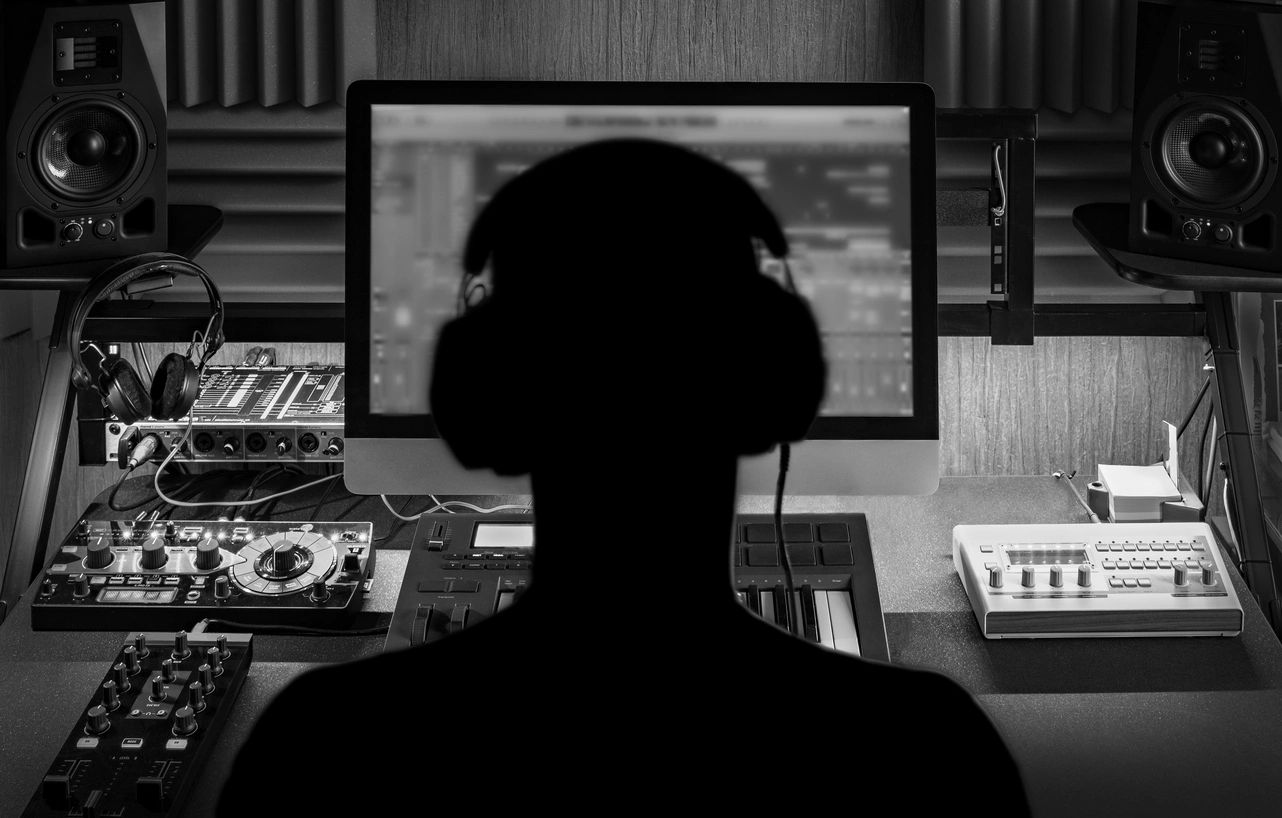Victor Martell
Active Member
- Joined
- Mar 9, 2018
- Messages
- 191
- Likes
- 228
Hello,
So over at the Hoffman forum, just learned about this and I just knew I had to share it here - couldn't find any references so is incredible that nobody had noticed before. I am happy to be the first to share this MIRACULOUS (hehe - tongue in cheek) technology!

There is this gem

As per url above:
Wow - only 4300 euros for DSOTM - SERIOUS AUDIOPHILES ONLY!

So over at the Hoffman forum, just learned about this and I just knew I had to share it here - couldn't find any references so is incredible that nobody had noticed before. I am happy to be the first to share this MIRACULOUS (hehe - tongue in cheek) technology!

There is this gem

As per url above:
I cannot elaborate more on that without revealing anything. Let me say this at this point: I am not willing to share my discoveries, the knowledge, only the "fruits" that come out of it. So I will try to be as vague as I can in regards to what NPDT Process© does and how. Please respect that.
Wow - only 4300 euros for DSOTM - SERIOUS AUDIOPHILES ONLY!

